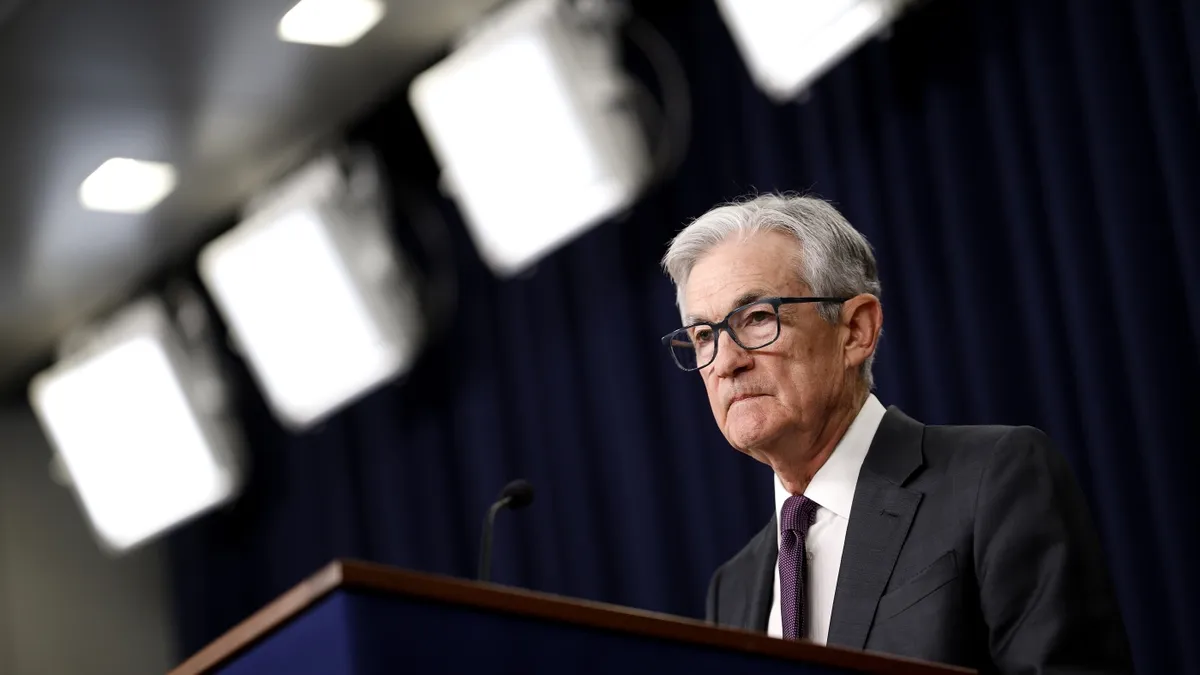
The Federal Reserve is expected to maintain its current interest rates during the upcoming meeting on Wednesday. This decision comes amid growing concerns that President Trump's tariffs may ignite inflation and hinder economic growth. Financial markets widely anticipate that the central bank will keep its benchmark borrowing rate stable at a range between 4.25% and 4.5%, despite ongoing pressure from the president for lower rates.
Since the last rate-setting meeting in March, President Trump has introduced significant tariffs, including a 10% tax on nearly all U.S. imports and a striking 145% import tax on goods from China. As a result, American consumers are facing the highest taxes on imported products since the 1930s, a period marked by a global trade war that exacerbated the Great Depression. According to Fed Chair Jerome Powell, the magnitude of these tariff increases is greater than previously expected, and the economic repercussions are likely to follow suit, leading to both heightened inflation and slower economic growth.
The ongoing trade tensions have significantly impacted consumer confidence, although they have not yet caused substantial disruptions in the job market. A recent report indicated that hiring in April experienced only a slight decline compared to the previous month. Additionally, inflation rates remained moderate leading up to the implementation of the new tariffs, with a reported increase of just 2.3% in March compared to the previous year, based on the Fed's preferred inflation measure.
In recent statements, President Trump has pointed to the decrease in gasoline prices as a reason for the Fed to consider cutting interest rates. In a social media post, he stated, "Energy down, mortgage rates down, employment strong, and much more good news... NO INFLATION, THE FED SHOULD LOWER ITS RATE!!!" Trump's ongoing criticisms of Powell and the Federal Reserve have included suggestions of potentially firing the Fed chair, although he seemed to retract that threat following a significant downturn in the stock market last month. In an interview with NBC News, Trump remarked, "Why would I do that? I get to change him very quickly anyway." Notably, Powell's term is set to expire in May of the following year.
Business surveys conducted by the Institute for Supply Management have revealed widespread concern among industry leaders regarding the impact of Trump's tariffs on supply chains and pricing. A manager from a metal fabricating factory expressed, "There is a lot of concern about the inflationary impacts from tariffs in our industry. Domestic producers are charging more for everything because they can." As long as tariffs continue to exert upward pressure on prices, the Federal Reserve may be inclined to maintain higher interest rates to mitigate the risk of inflation surging again.
However, this strategy could shift if the job market begins to weaken and unemployment rises. Typically, such conditions would prompt the central bank to consider lowering interest rates. The worst-case scenario for the Federal Reserve would involve a simultaneous increase in both inflation and unemployment, compelling the central bank to make a tough choice between implementing higher rates to control prices or reducing rates to combat job losses.